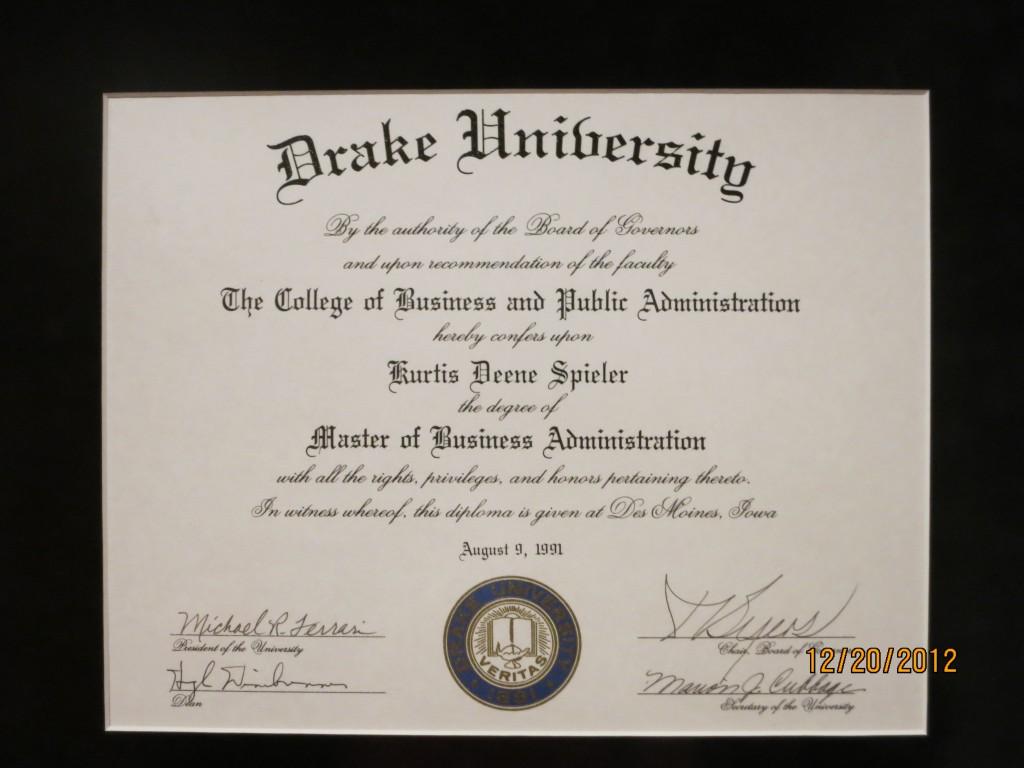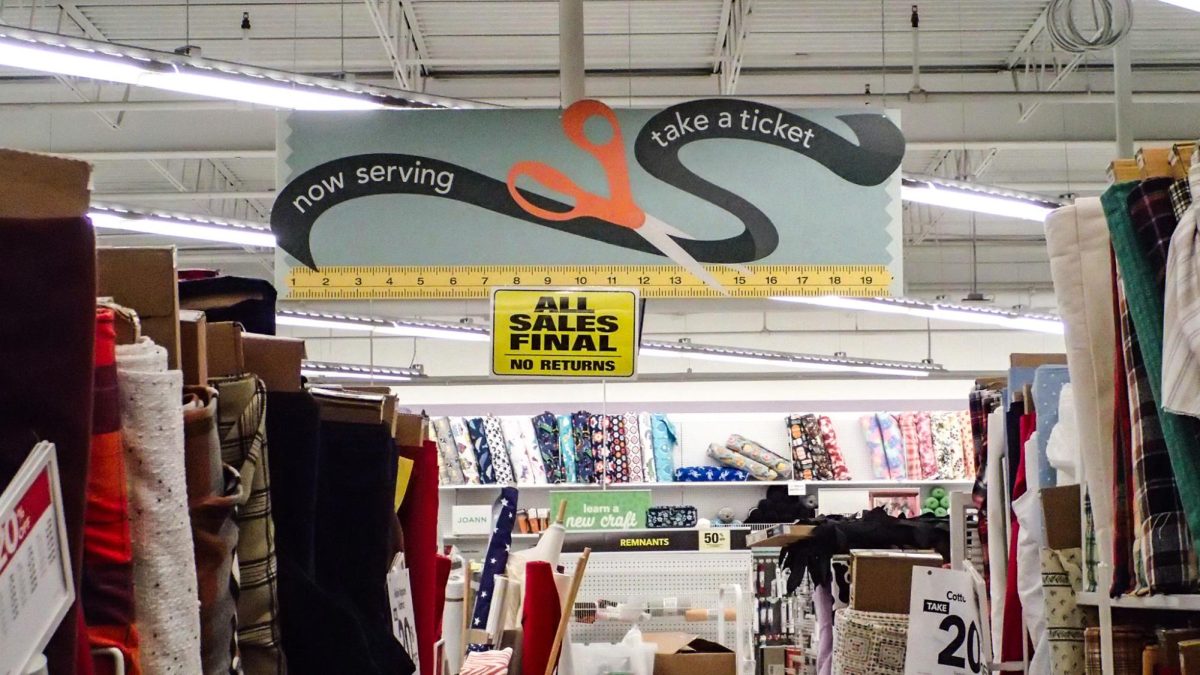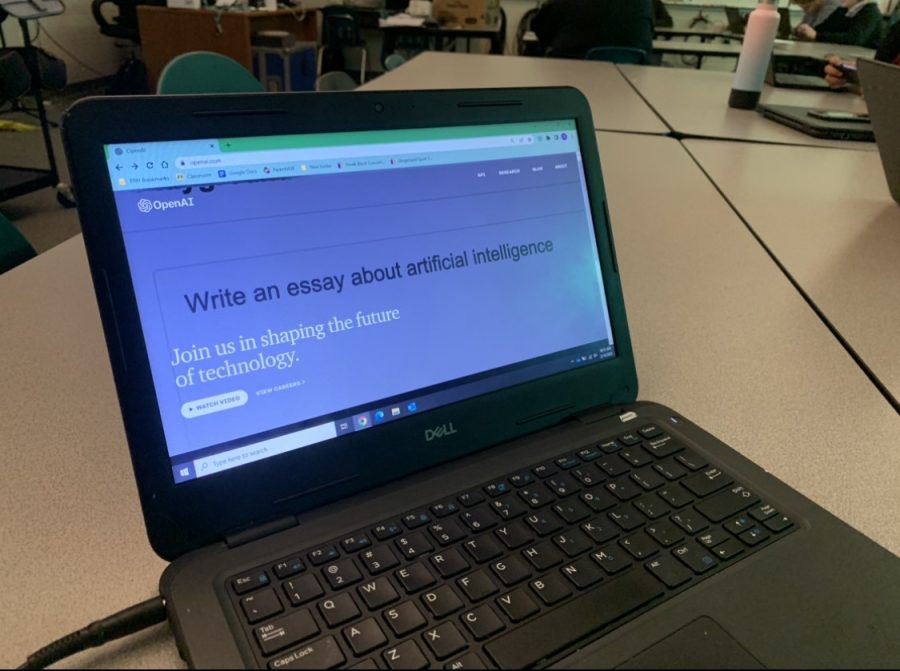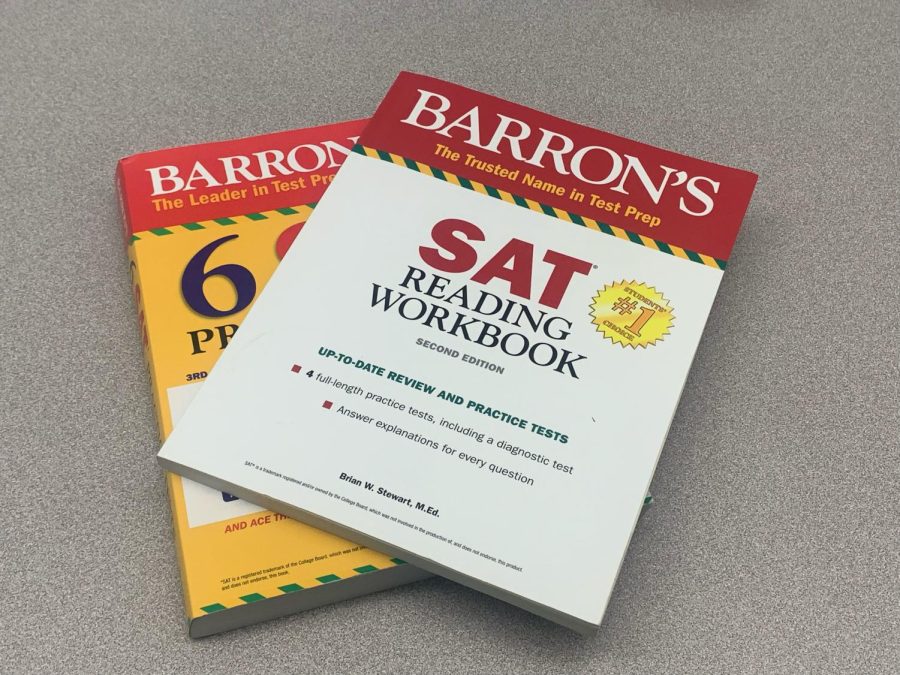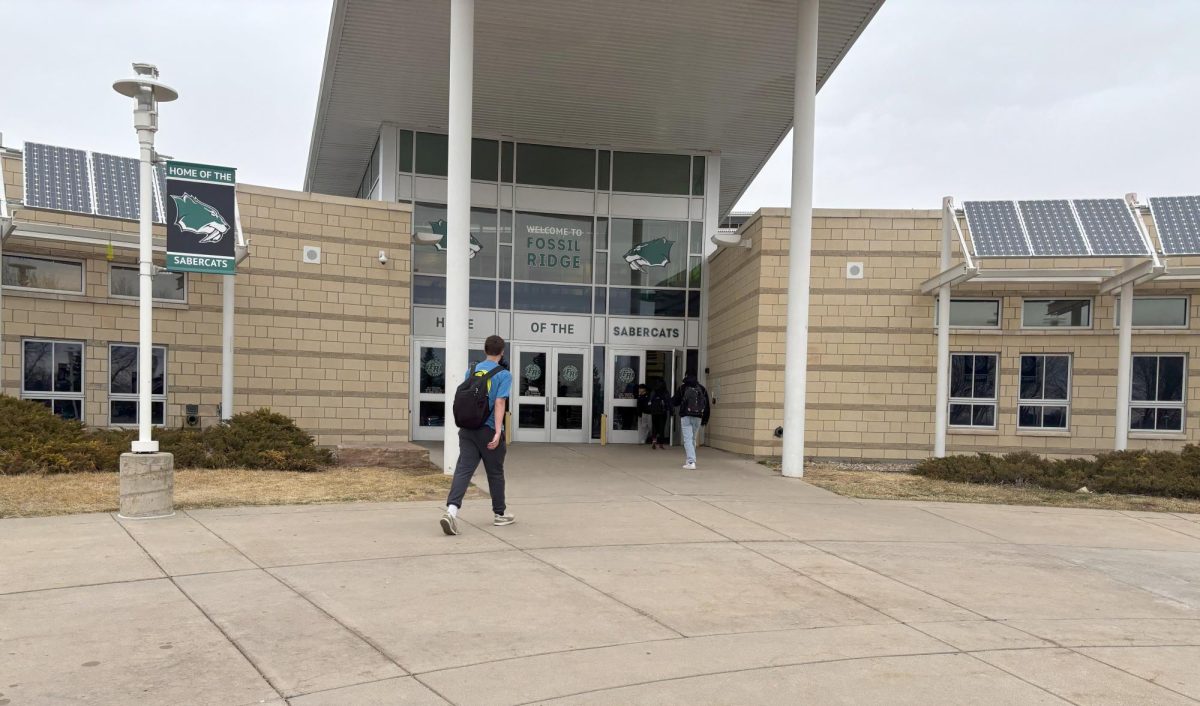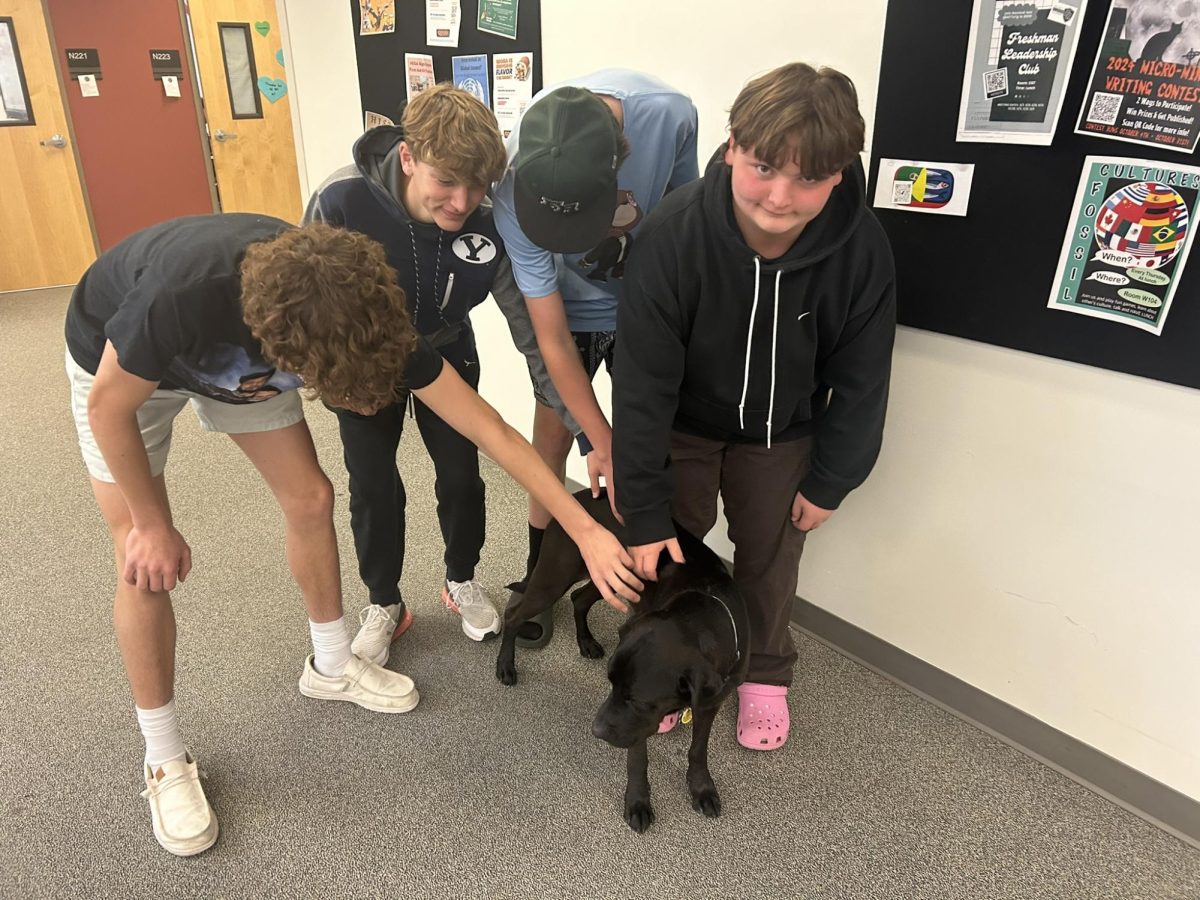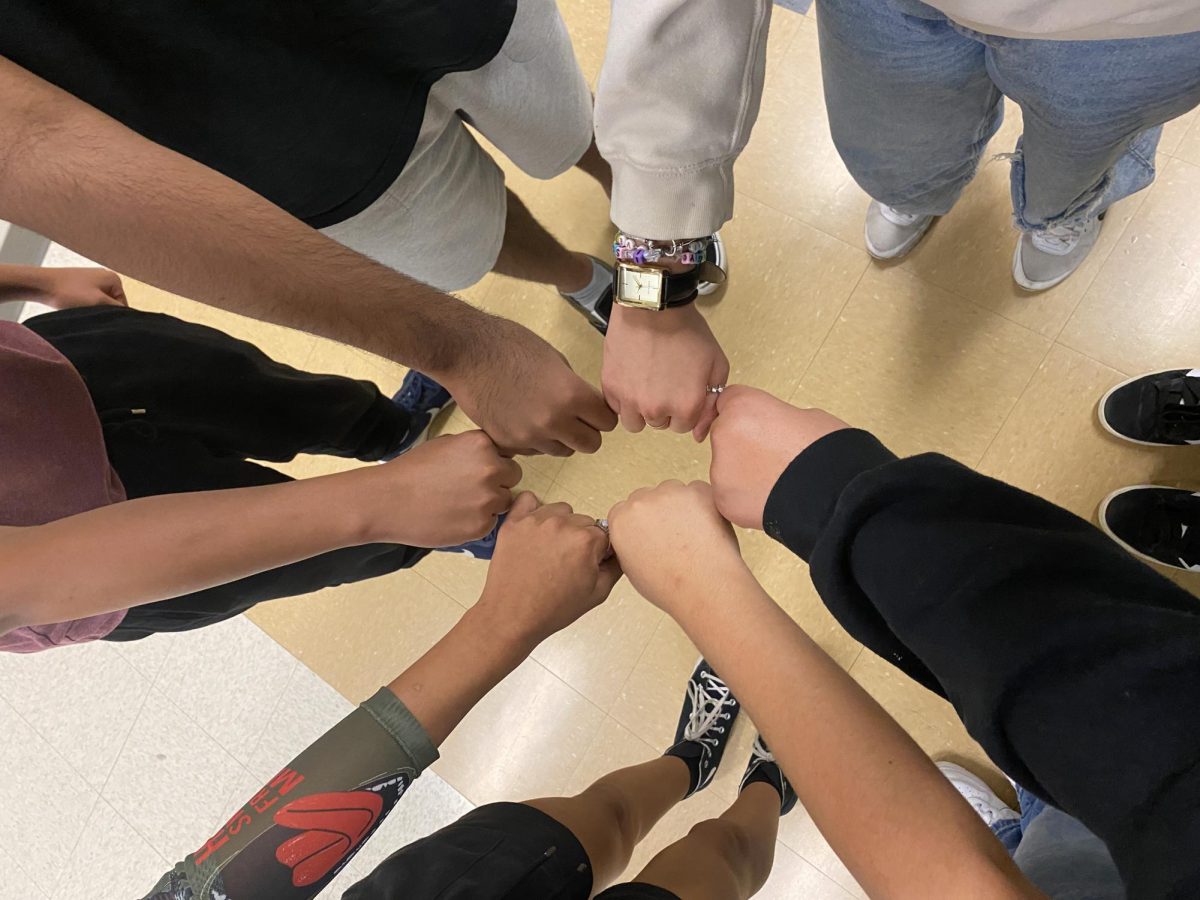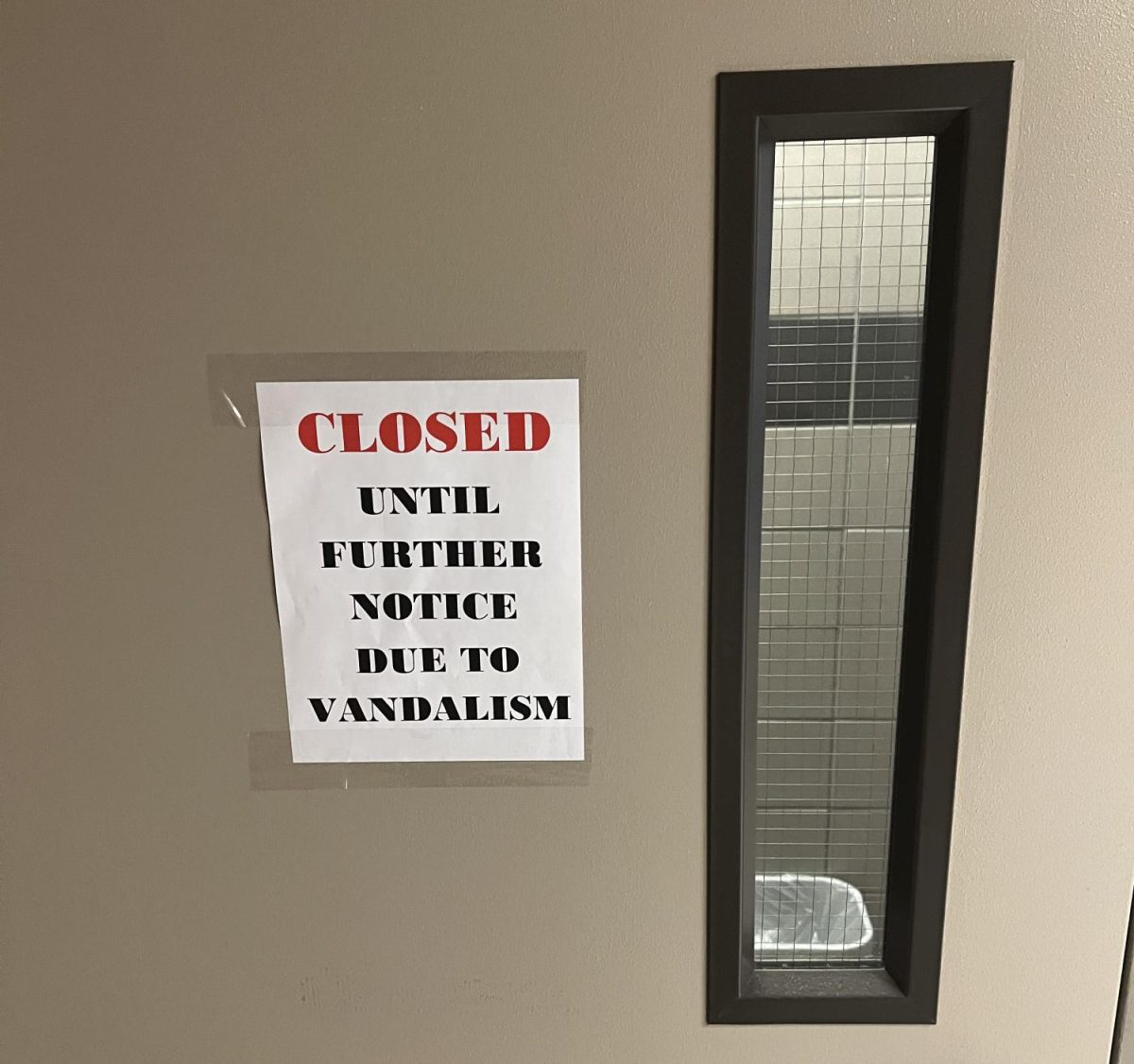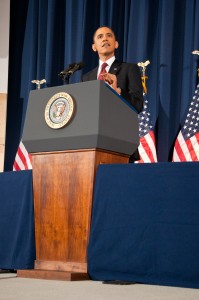
Photo credit: Wikimedia commons
This week, United States President Barack Obama met at a summit with leaders from the Group of 20 countries of developed and developing economies in St. Petersburg, Russia. Among the many other topics discussed, the Syrian conflict drew a lot of attention and focus during the meetings. All countries present have concluded that there is plenty of evidence to support the fact that a chemical attack occurred in Syria in the rebel-held suburbs of Damascus on August 21, killing 1400 people, 400 of who are children. But the world is at a struggle to determine what intervention should be taken to counter the attack.
Obama is asking for the world to stand up against the use of weapons of mass destruction in order to preserve international norms. Most countries have a similar stance on WMDs and how they should be regulated throughout the international community, but culminating support for military intervention is proving to be a problem for the US.
The issue was brought before the United Nation’s Security Council and was vetoed by both Russia and China representatives, and therefore, did not pass through the Council. According to Reuters, Samantha Powers, the US representative to the UN Security Council, announced on Thursday that the US has given up working with the Council on the issue, and blames Russia for holding the issue hostage.
Many speculations as to the cause of the attack have been brought forth, ranging from the rebel groups to the Syrian government. Russia and the US stand on opposing sides of the argument. Russian President Vladimir Putin accused Washington of not having enough evidence to prove that it was Syrian President Bashar al-Assad who ordered the attack. On the flipside, Obama released a statement stating that Assad is responsible for using poison gas against the civilians of his country, according to the Chicago Tribune.
The US is not standing alone though. The idea of a “strong” retaliation to the chemical warfare that has taken place was supported by ten other G20 nations. These countries include Australia, Canada, France, Italy, Japan, South Korea, Saudi Arabia, Spain, Turkey and Britain. Not all of the countries who believe that something should be done are calling for a military intervention, but France’s President, Francois Hollande, is backing Obama and stated that he will attempt to gather a coalition of states to take military action if the UN Security Council does not agree to take action, according to Reuters.
Many citizens of the world await the decision of the US Congress on whether they will allow US intervention in the crisis or not, and then ask how Obama will react if they vote “no” on intervention, and if he will act alone, as commander-in-chief of the army. If Obama decides to take action against the attack, without the backing of Congress or the Security Council, that ,according to UN Security General Ban Ki-moon, would be violating international law. The group of nations that has declared a strong international response to the attacks has issued statements telling the UN that countries must be aware that the atrocity that happened in Syria is not acceptable and will not be tolerated.
A UN team is working around the clock to thoroughly inspect specimen taken from the scene in order to ensure that some sort of WMD was actually used in the attack.
Information for this article was collected from multiple different news sources including The Chicago Tribune, Reuters and The New York Times.






